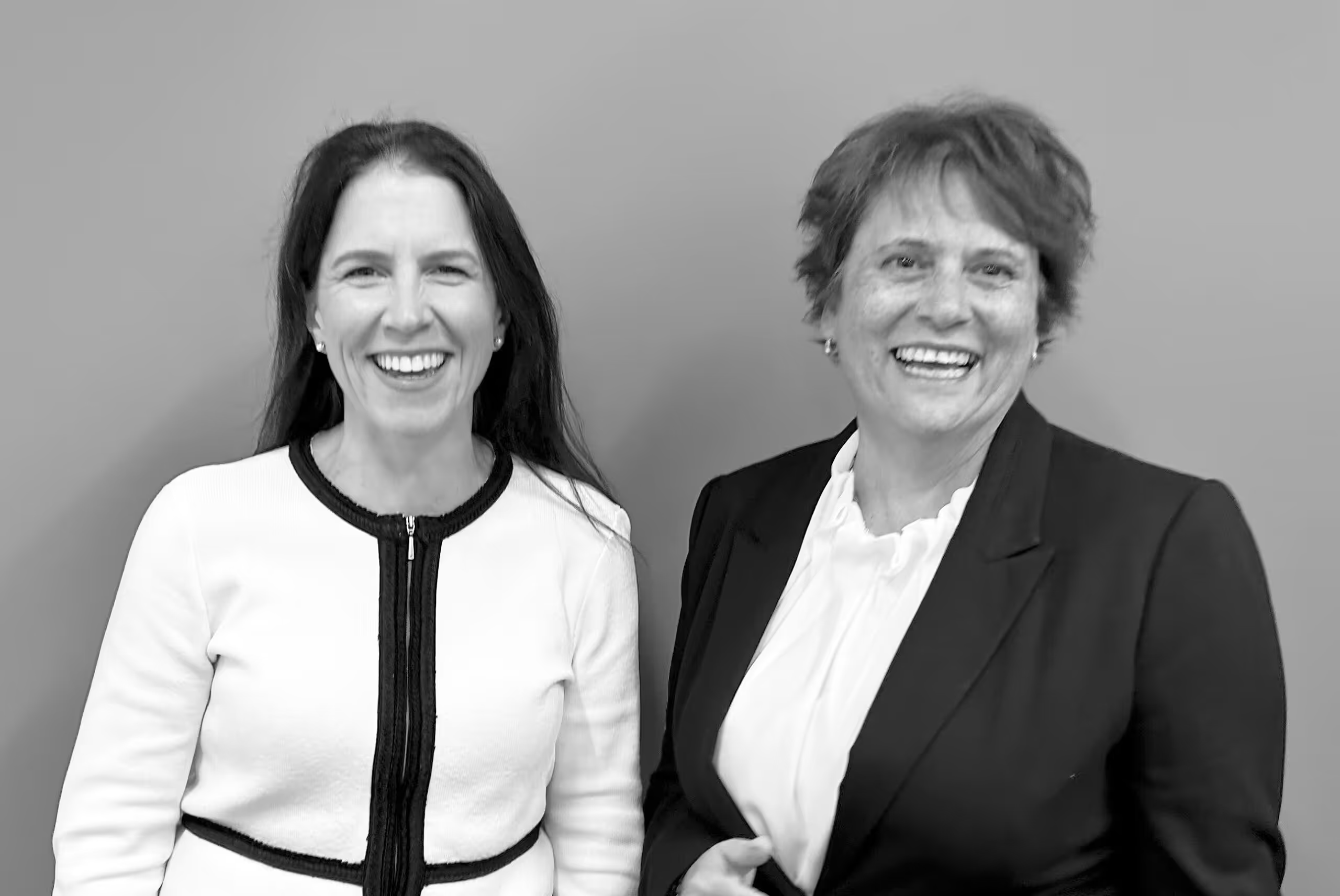Giving back by changing minds

Each year we’ve hosted select non-profit leaders from around the NYC area to share some of what we know about effective leadership. These leaders range from global entities such as the World Bank Group, Global Business Coalition for Education, UNICEF and their Education Cannot Wait initiative. They come from key New York city departments such as the NYC Public Schools, and NYC School Health.
They lead regional organizations serving youth and children, such as Sandy Hook Promise, Center for Whole Child Education, and Year Up. And they are also leaders from smaller community and neighborhood focused organizations such as South Bronx United and NY Cares.
This type of giving back is key because it changes how the leaders view themselves. Many non-profit leaders are servant leaders – they give and serve others and rarely serve themselves. Indulging – as they frequently view it - in their own growth and development is often put off, or at best, continuously moved to the bottom of the list.
As a result, many leaders have an antiquated / more traditional / stereotypical view of how the leader should act and behave. It’s the old ‘the leader leads and the rest follow’ mentality. The leader is expected to be the all-knowing sage on the stage. And as such many leaders feel personally inadequate because they don’t have all the answers, when they assume they should. It is imposter syndrome built on a false interpretation of leadership.
Leaders who are curious, agile, trustworthy, and relationship driven tend to get better results and more harmonious teams. Those who ask questions and seek input, tend to be able to bolster growth and belonging to a cause or a mission. Leaders who bring their emotions, and their emotional intelligence, with them to the workplace, tend to develop stronger connections and networks.
What many of these non-profit leaders are learning is that their mission alone often isn’t enough to keep the organization moving forward. Even purpose-driven entities need great leaders and leadership.At the beginning of the day we asked people why they were here, and the most common refrain was:
"I never take time for myself. I’m always looking after others or other things. I was determined to make time for myself and my growth."
Great leaders work on their leadership. They understand that leadership takes thoughtful practice and they understand that they can always grow and improve. Too often though, leaders push this need to the back of the list. Duties and tasks take over. The competencies of the effective leader become swamped by the realities of managing the day-to-day.
Allowing these leaders to take a day for themselves and a day to learn how they can grow as a leader is a key way we give back to our communities. In doing so we are helping them, their teams, their organization, and all the many communities and community members that they serve.
"Thank you for a wonderful day of learning, self-reflection and connection! The content, facilitators, attendees and venue exceeded my expectations - especially for a professional development opportunity provided at no cost."
"Friday was wonderful!!! As I mentioned, the timing was perfect and the day was restorative and insightful. Thank you for the opportunity and hopefully more soon!"
"Thanks again for a wonderful day of learning and connecting! I truly enjoyed my time with both of you and all of the attendees."
"Thank you for an incredible day. Friday was enriching!"
Join us we host a series of these NFP Day across the US and Canada.
Related content

Tracey Bunyard and Stephanie Peskett named Managing Directors of BTS Australia
Heading 1
Heading 2
Heading 3
Heading 4
Heading 5
Heading 6
Lorem ipsum dolor sit amet, consectetur adipiscing elit, sed do eiusmod tempor incididunt ut labore et dolore magna aliqua. Ut enim ad minim veniam, quis nostrud exercitation ullamco laboris nisi ut aliquip ex ea commodo consequat. Duis aute irure dolor in reprehenderit in voluptate velit esse cillum dolore eu fugiat nulla pariatur.
Block quote
Ordered list
- Item 1
- Item 2
- Item 3
Unordered list
- Item A
- Item B
- Item C
Bold text
Emphasis
Superscript
Subscript

Strategies for leading a successful culture transformation
Heading 1
Heading 2
Heading 3
Heading 4
Heading 5
Heading 6
Lorem ipsum dolor sit amet, consectetur adipiscing elit, sed do eiusmod tempor incididunt ut labore et dolore magna aliqua. Ut enim ad minim veniam, quis nostrud exercitation ullamco laboris nisi ut aliquip ex ea commodo consequat. Duis aute irure dolor in reprehenderit in voluptate velit esse cillum dolore eu fugiat nulla pariatur.
Block quote
Ordered list
- Item 1
- Item 2
- Item 3
Unordered list
- Item A
- Item B
- Item C
Bold text
Emphasis
Superscript
Subscript

How to build the psychological safety that drives high performance
Heading 1
Heading 2
Heading 3
Heading 4
Heading 5
Heading 6
Lorem ipsum dolor sit amet, consectetur adipiscing elit, sed do eiusmod tempor incididunt ut labore et dolore magna aliqua. Ut enim ad minim veniam, quis nostrud exercitation ullamco laboris nisi ut aliquip ex ea commodo consequat. Duis aute irure dolor in reprehenderit in voluptate velit esse cillum dolore eu fugiat nulla pariatur.
Block quote
Ordered list
- Item 1
- Item 2
- Item 3
Unordered list
- Item A
- Item B
- Item C
Bold text
Emphasis
Superscript
Subscript
